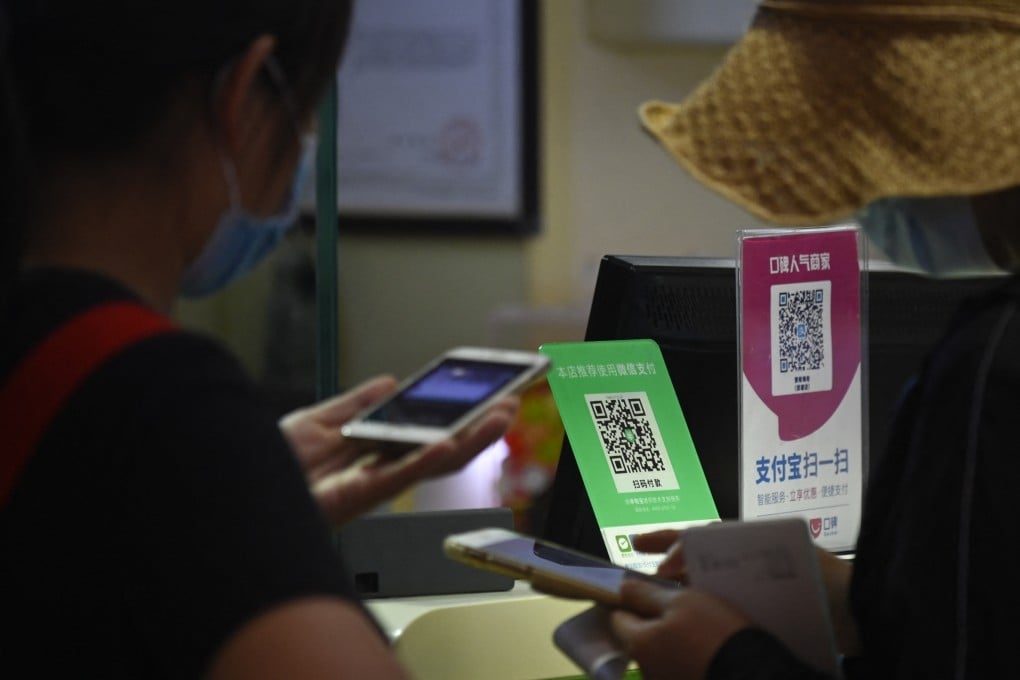Destinations known | China sends message it wants foreign visitors to spend money, whether they pay in cash or through mobile payment apps
- Going cashless in China as the locals do has proved tricky for overseas visitors with cards issued by foreign banks, and the central bank recently intervened
- In Japan, a town with a Lawson convenience store fronting Mount Fuji has been so put out by tourists taking photos it is erecting a barrier to hide the view

“Cash is king” in China, according to a recent headline in The Guardian newspaper.
Oh no it isn’t, says everyone who has been there in the past few years.
If you don’t have a WeChat Pay or Alipay app on your phone, you are unlikely to get very far in today’s People’s Republic.
To be fair to the British newspaper, the full headline is “Cash is king – for now: China signals it will slow transition to cashless society”, and the article below it outlines how rare cash now is, at least in the big cities.
Google searches suggest only Norway, Finland and Sweden are less reliant on notes and coins than China, but – when it comes to international tourism – those Scandinavian countries have an advantage; visitors can spend digitally without having to jump through hoops.

